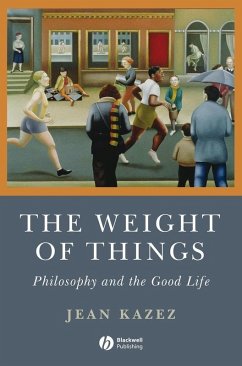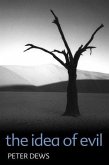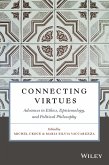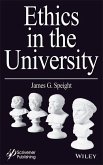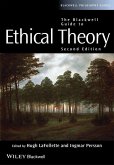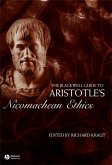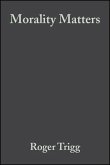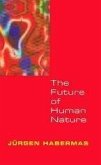The Weight of Things explores the hard questions of our daily lives, examining both classic and contemporary accounts of what it means to lead 'the good life'.
- Looks at the views of philosophers such as Aristotle, the Stoics, Mill, Nietzsche, and Sartre as well as contributions from other traditions, such as Buddhism
- Incorporates key arguments from contemporary philosophers including Peter Singer, Martha Nussbaum, Robert Nozick, John Finnis, and Susan Wolf
- Uses examples from biography, literature, history, movies and media, and the news
- Gives a fresh perspective on the hard questions of our daily lives
- An engaging read; an excellent book for both students and general readers
Dieser Download kann aus rechtlichen Gründen nur mit Rechnungsadresse in D ausgeliefert werden.
"Warmly written... lucid and humanely engaging." TheGuardian
"This book fills an important niche between academic analyses ofthe meaning of life and overly popularized 'tips for goodliving'. I've read quite a few books in this area andthere is more insight, wit, and wisdom per page in this one bookthan in almost any of the others."
Edward Langerak, St Olaf College
"The Weight of Things is clear, provocative,tightly-argued, and rich with memorable examples. Written in aninformal yet careful style, this examination of how we ought tolive is philosophically acute and a delight to read."
Marcia McKelligan, DePauw University
"Kazez provides a bracing forum for engagement [and]presents a framework within which readers may contemplate their ownideas. Fluid writing, accompanied by a provocativethesis."
Choice Magazine
"This book fills an important niche between academic analyses ofthe meaning of life and overly popularized 'tips for goodliving'. I've read quite a few books in this area andthere is more insight, wit, and wisdom per page in this one bookthan in almost any of the others."
Edward Langerak, St Olaf College
"The Weight of Things is clear, provocative,tightly-argued, and rich with memorable examples. Written in aninformal yet careful style, this examination of how we ought tolive is philosophically acute and a delight to read."
Marcia McKelligan, DePauw University
"Kazez provides a bracing forum for engagement [and]presents a framework within which readers may contemplate their ownideas. Fluid writing, accompanied by a provocativethesis."
Choice Magazine

